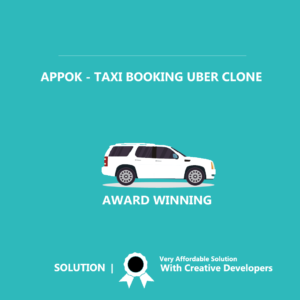Introduction
The importance of user experience (UX) in app development cannot be overstated. A great user experience can mean the difference between an app that is widely adopted and one that is quickly abandoned. With so many apps available in the marketplace, users have high expectations for the apps they download and use. Therefore, it is essential for app developers to prioritize user experience throughout the app development process.
User experience encompasses a wide range of factors that impact how users interact with an app. This includes everything from the layout and design of the user interface (UI) to the functionality and features of the app itself. UX also takes into account the user’s emotional response to the app, such as how satisfied or frustrated they feel when using it.
One of the most significant benefits of prioritizing user experience in app development is increased user engagement. Users are more likely to engage with an app that is intuitive and easy to use. They are also more likely to recommend the app to others if they have a positive experience with it. On the other hand, if an app is difficult to use or frustrating, users are more likely to delete it and look for an alternative.
Another benefit of prioritizing user experience is increased user retention. Users are more likely to continue using an app if they have a positive experience with it. This means that they will be more likely to return to the app over time and may even become loyal users. In contrast, if an app has a poor user experience, users are more likely to abandon it and look for a better alternative.
Prioritizing user experience in app development also has financial benefits. Apps with a great user experience are more likely to generate revenue through in-app purchases and advertising. Users are more likely to make purchases within an app if they have a positive experience with it. Additionally, advertisers are more likely to pay for ads within an app that has a large and engaged user base.
One key factor in creating a great user experience is designing an intuitive and user-friendly UI. The UI is the first thing users see when they open an app, and it plays a significant role in shaping their overall experience. A well-designed UI should be easy to navigate and visually appealing. It should also be consistent across the app, so users don’t feel lost or confused as they move from one screen to another.
Another important factor in creating a great user experience is ensuring that the app is easy to use. This means minimizing the number of steps required to complete a task and making it clear what users need to do next. Additionally, the app should provide clear feedback to users when they take an action. For example, if a user submits a form, the app should display a message indicating that the form was successfully submitted.
Another way to improve user experience is by personalizing the app based on the user’s preferences and behavior. For example, an e-commerce app might recommend products based on a user’s purchase history or browsing behavior. A social media app might show users content from accounts they have interacted with in the past. By personalizing the app, users are more likely to feel a sense of ownership and investment in the app, which can lead to increased engagement and loyalty.
Finally, it is important to gather feedback from users throughout the app development process. User feedback can provide valuable insights into how users are interacting with the app and what they like and dislike about it. This feedback can be used to make iterative improvements to the app, ensuring that it continues to meet the evolving needs of users.
In conclusion, the importance of user experience in app development cannot be overstated. Prioritizing user experience can lead to increased user engagement, retention, and revenue. Key factors in creating a great user experience include designing an intuitive and user-friendly UI, ensuring that the app is easy to use, personalizing the app based on the




